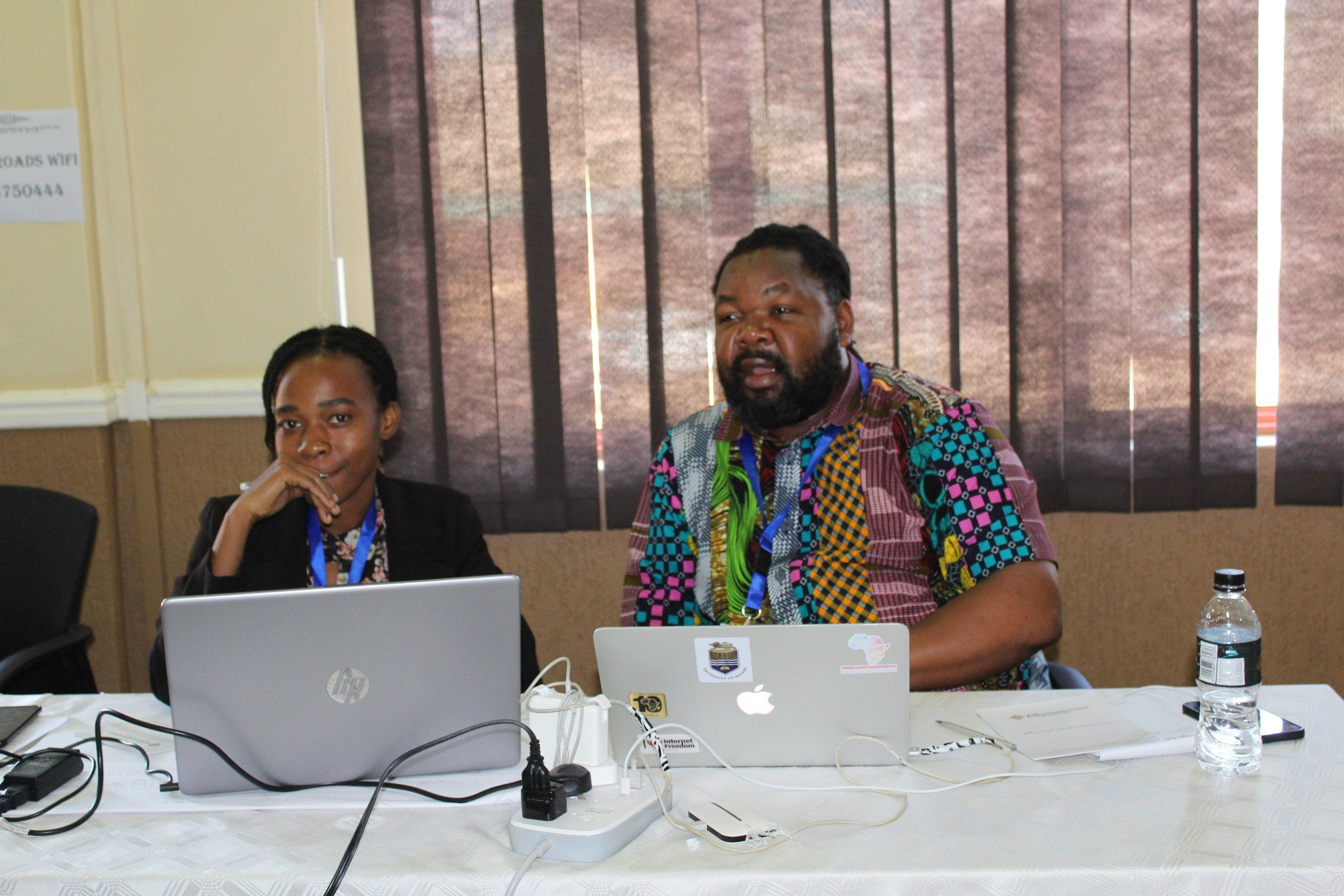2026 AMRS provides platform for Strengthening Industry Collaboration
January 26 2026

Two team members from the Centre for Resilient Agri-Food Systems (CRAFS), Associate Professor Maurice Monjerezi, Deputy Leader of the Centre and Mr. Jimmy Kainja, Communication and Public Relations Coordinator, recently attended a six-day capacity-building workshop in communication from April 16th to 21st, 2023, in Dar es Salaam, Tanzania. CRAFS joined other Centres of Excellence from Malawi, Zambia, Mozambique, Uganda, Rwanda, Tanzania, and Kenya. The Centres are funded under the World Bank’s Africa Centres of Excellence II (ACE II) Additional Financing (AF) project, implemented by the Inter-University Council for East Africa (IUCEA).

The communication training was designed to empower public relations and communication coordinators from the Centres with various skills, including developing and implementing communication strategies and using digital tools for internal and external communication. Mr. Kainja highlighted that the training was a pivotal step in understanding the crucial role of strategic communication in achieving the Centre’s overarching goals and objectives. He also pointed out that the training significantly bridges the knowledge gap between the Centre leaders and communication coordinators.
“The skills we acquired from the training are not just valuable; they are indispensable. They will be crucial in enhancing CRAFS’s visibility within UNIMA, the country, the region, and beyond. This is especially important given the competitive nature of the project, where Centres must compete for the same pool of students at both local and regional levels,” he emphasised.
CRAFS aims to strengthen research capacity and capabilities in Malawi and to carry out impactful multidisciplinary research that leads to resilient agri-food systems grounded in science and technology. The reasons for insufficient progress in attaining food and nutrition security and ending hunger are complex but include the role of climate variability and associated floods and droughts in agri-food systems; weak information systems; lack of information on farm scale water availability, food production and soil nutrition; lack of water resources management and development; low community resilience and adaptation options to flood and drought hazards. This requires a multidisciplinary and multi-scale approach to unravel the complex intersecting social-environmental economic systems contributing to the gap.